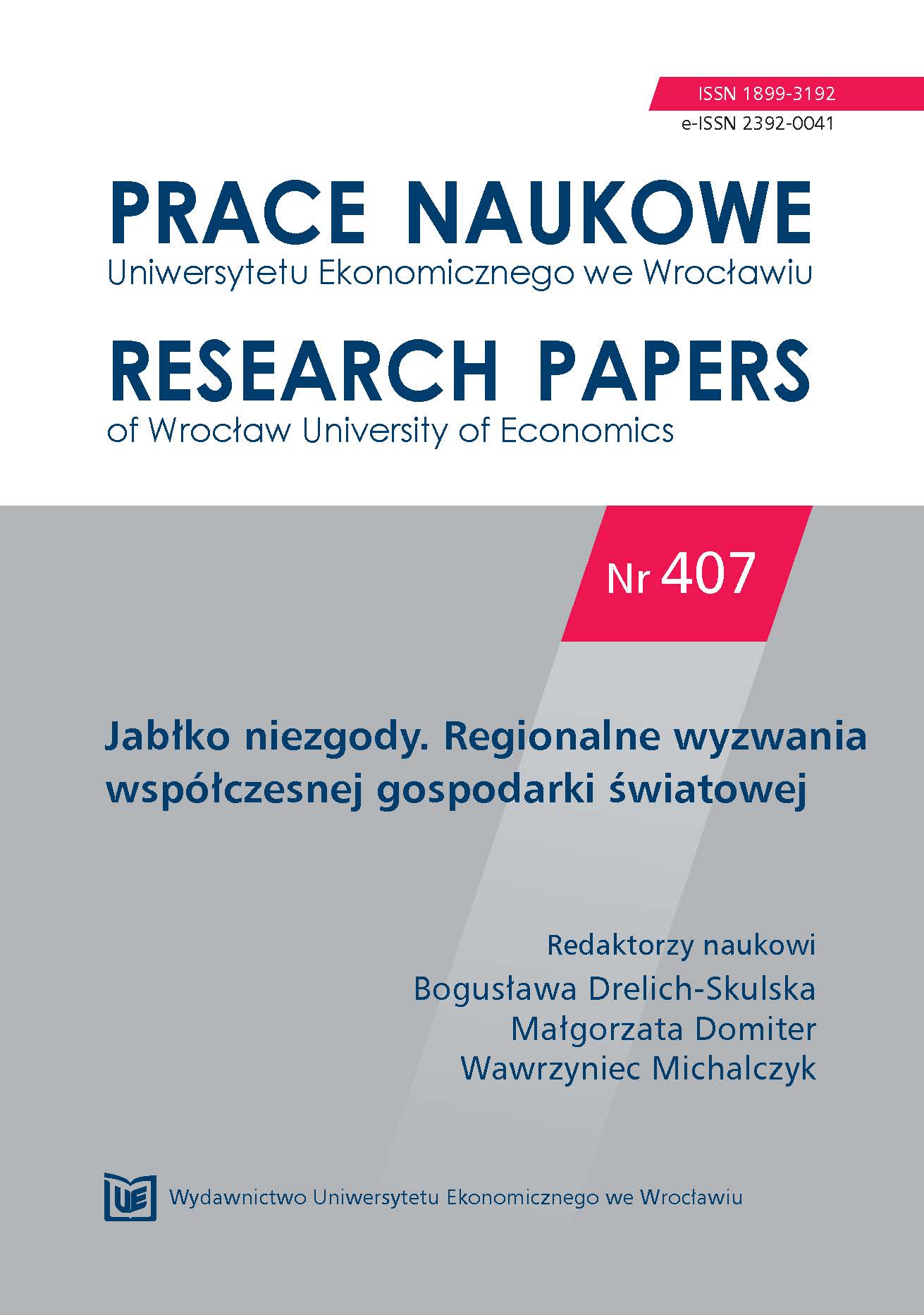Porozumienie CEFTA-2006 – jego znaczenie dla rozwoju handlu wzajemnego krajów Bałkanów Zachodnich
Central European Free Trade Agreement CEFTA-2006 – its importance for the development of mutual trade of the Western Balkans countries
Author(s): Edward Molendowski, Łukasz KlimczakSubject(s): Economy
Published by: Wydawnictwo Uniwersytetu Ekonomicznego we Wrocławiu
Keywords: Central European Free Trade Agreement CEFTA-2006; trade liberalization; fo- reign trade; the countries of Western Balkans; gravity model
Summary/Abstract: After the end of wars in the former Yugoslavia in the second half of the 90s of the last century the Western Balkans countries have taken a lot of decisions to normalize their relations, especially in trade and economic cooperation. This article is an attempt to verify the hypothesis that the Central European Free Trade Agreement CEFTA-2006 significantly intensified the trade links among its signatories. It was proved by an analysis of available statistical data for the years 1995-2013 using the gravity model. The study showed that apart from facilitating liberalization resulting from the implementation of the provisions of the Central European Free Trade Agreement CEFTA-2006 a significant impact on the trade between them had also the acceleration in GP growth, a common language, and the entry into force of more than 30 bilateral free trade agreements at the beginning of 2000s. An important factor in disrupting these positive trends have proven to be the consequences of the recent global economic crisis.
Journal: Prace Naukowe Uniwersytetu Ekonomicznego we Wrocławiu
- Issue Year: 2015
- Issue No: 407
- Page Range: 39-50
- Page Count: 12
- Language: Polish

